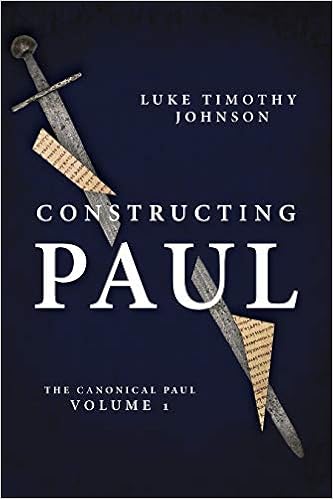Weekly Pastoral Letter for our church in Montrose:
written the day of the Elections to the Scottish Parliament
I am writing this just as the polling stations are about to open. You will be reading it before the final Scottish results are announced some time on Saturday. Campaigning is finished, the promises are made, the policies are stated. An ocean of words and a forest or two of paper have been used to persuade, warn, promise, criticise, and even scare us into voting for ‘us, not them’. And perhaps that’s the point really. We are presented with a them-or-us mentality, reinforced by political arguments and competing visions of what is best for us, our families and our country.
Words are so powerful. Strap lines and sound-bytes, slogans and dog-whistles, truth and lies, fairness and prejudice, promises and trust; words can unite or divide, give hope or increase despair, encourage understanding or fuel anger. In our own country of Scotland we are deeply divided about how we see the future, how we navigate the present, and how we understand our past.
As Christians we are citizens of heaven. That comes first and last, because our allegiance is to the One who is the Alpha and Omega, the first and the last. For us the most important events of the past took place in Bethlehem, Calvary and a tomb in a garden. Likewise, the future we envision has Christ at the centre, the one we call Lord and whose coming we await. And as for the present, we pray every day, regardless of who forms the Government, “Hallowed be your name; your Kingdom come; your will be done on earth as it is in heaven.”
Politics is about power. Who has power, who is in power, how power is used. Whoever is Prime Minister, First Minister, or President, Christians are citizens of heaven, and our first allegiance is to the one we call Lord, the crucified and risen Christ. The Lord’s Prayer is precisely that, the prayer taught to us by the one we call Lord, who claims, and shall have our allegiance.
So however we have voted, and whoever forms the next Government, we are still called to follow faithfully after Christ As agents of the Kingdom of God we will live our daily lives for Christ as individuals, and as part of a country and community, where we are sent as salt to season, as light to shine, as messengers of love and peace and hope, and as ambassadors of Christ.
“Jesus is Lord” is for Christians not a political slogan, but a confession of faith, a cry of worship, and a statement of intent about how we will live our lives. Christ calls us to a radical obedience to his way of love, forgiveness, reconciliation, peace-making and compassionate service to all who are our neighbours.
Political elections come and go. I’ve never been all that impressed by the cynical observation that an election is nothing more than one lot of sinners out and another lot of sinners in. Our responsibilities under God are deeper and too important to buy into such cynicism. Rather, we are citizens of Heaven, living in Scotland in the here and now. We bring to the life around us different values, a different vision of human community, a commitment to act justly, to love mercy and to walk humbly with God.
That has consequences. Every time we hear exaggerated promises, divisive rhetoric, dishonest claims, distorted statistics and power plays of those aspiring to political power, it is time for a reality check.
We are called to hear the sound of a different voice, the One who says it is truth that sets us free, and it is service that brings greatness.
We will be reminded by the prompting of the Holy Spirit of Truth that every word we speak is overheard by God. And as for the daily lives we lead, we will remember that peace-making is the family trait of the children of God.
We will go on believing that the love of God in Christ is the benchmark of our behaviour, and that we are ministers of reconciliation in a world with far too many divisions already for us to add to them.
In our prayers and actions, our attitudes and decisions, may we be good citizens of Scotland because good citizens of Heaven,

